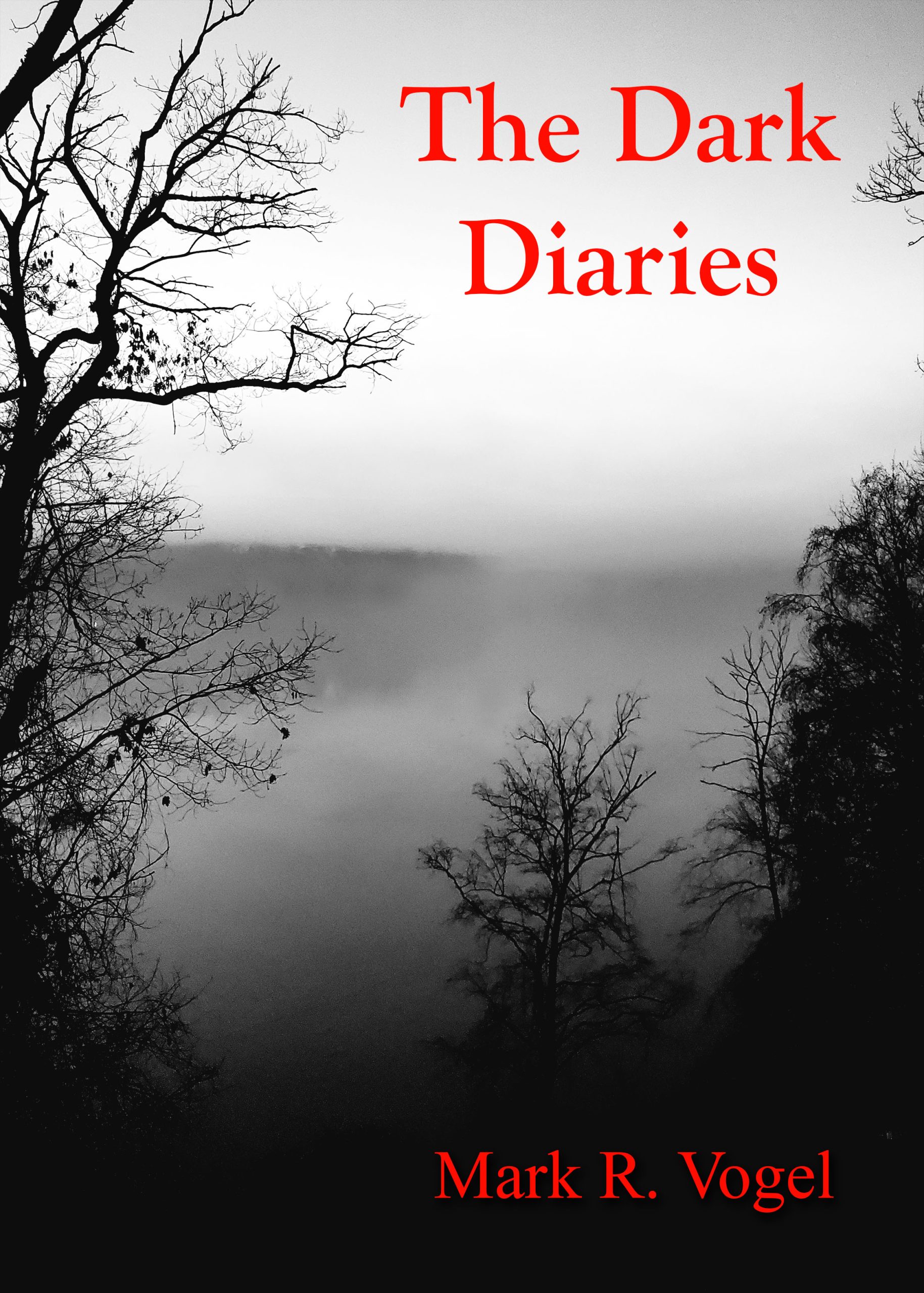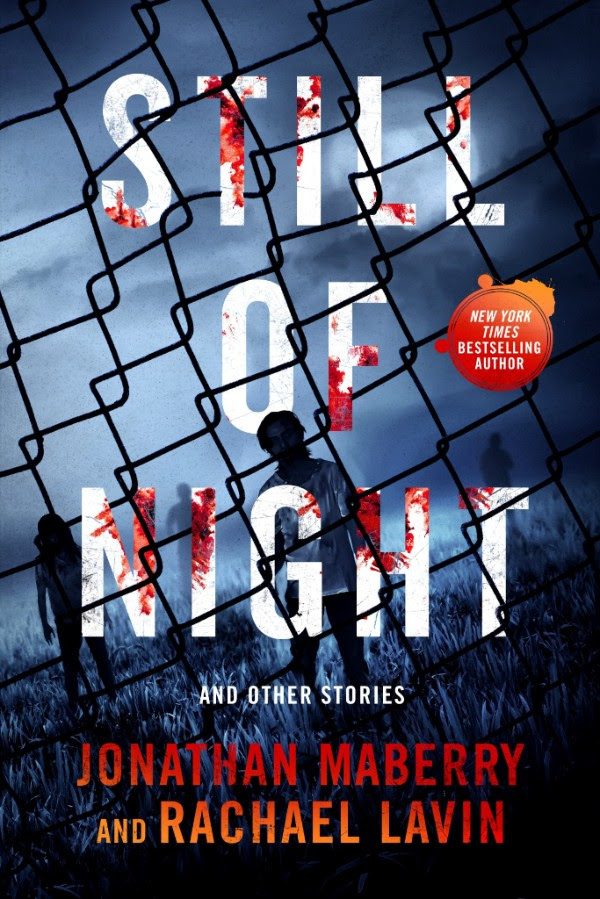Old mansions with dark, cobwebbed secret passages, mad relatives chained up in dank basements, sinister noblemen with evil intentions….all these and more spring to mind upon hearing the word “Gothic”. Author Barry Forshaw’s exhaustive study, British Gothic Cinema, delivers all these and more, as Forshaw leaves no stone unturned in his documentation of British Horror from the 1930’s to the present, with the bulk of his attention going to the legendary Hammer films.
Anyone who has ever seen a Hammer film can tell you that there were a lot of middling-to-downright-bad movies coming from that studio. There were some true genre classics, but to deify their productions the way that Forshaw does seems a little disingenuous. He gives endless praise to Christopher Lee and Peter Cushing (Justifiably so, in my opinion), but dismisses Vincent Price as an inconsequential ham, whose only good performance (Witchfinder General) came about solely because he was forced to actually act by his Director. (I find this to be incredibly wrong-headed, personally.)
The thoughtful insight that Forshaw gives even the most-maligned of the Hammer films is certainly appreciated, but the relatively low-brow subject matter is written about in the driest terms imaginable, and the author’s prose is often very difficult to wade through. Forshaw has run-on sentences that last for entire paragraphs, with parenthesized sentences WITHIN those sentences. There are a few occasions with parenthesized sentences within an already-parenthesized sentence. More than once, I reached the end of one of his interminably long sentences, and had to go back and reread the beginning, because it went on so long that I lost the thread of what he was talking about. Forshaw also can’t resist the urge to be effete, as reflected by the tiresome language he uses incessantly throughout the book: Crise de conscience, sine qua non, mise-en-scene, Epater les bourgeois, locus classicus, avant la lettre….Forshaw packs virtually every page with some obscure foreign phrase, which gets very old very quickly. The fact that he italicizes these phrases to draw more attention to them makes them doubly annoying. There were a lot of things that I really liked about this book, but Forshaw’s literary tics and dry writing style, alone with some questionable choices of films to discuss (Has anyone ever really thought of “Shaun of the Dead” as a Gothic film…?), makes this a book that only the most hardcore fans of Gothic cinema will want to pick up.
- The Scarlet Gospels - March 9, 2015
- Inspector of the Dead - February 23, 2015
- The Boneyard - February 23, 2015
- The Deep - February 2, 2015
- Pumpkin Cinema: The Best Movies For Halloween - November 20, 2014
- The Wake - November 20, 2014
- Dark Screams, Volume One - November 20, 2014
- Horror Library, Volume 5 - September 16, 2014
- Ghost Heart - September 16, 2014
- Monster & Madman - August 6, 2014







